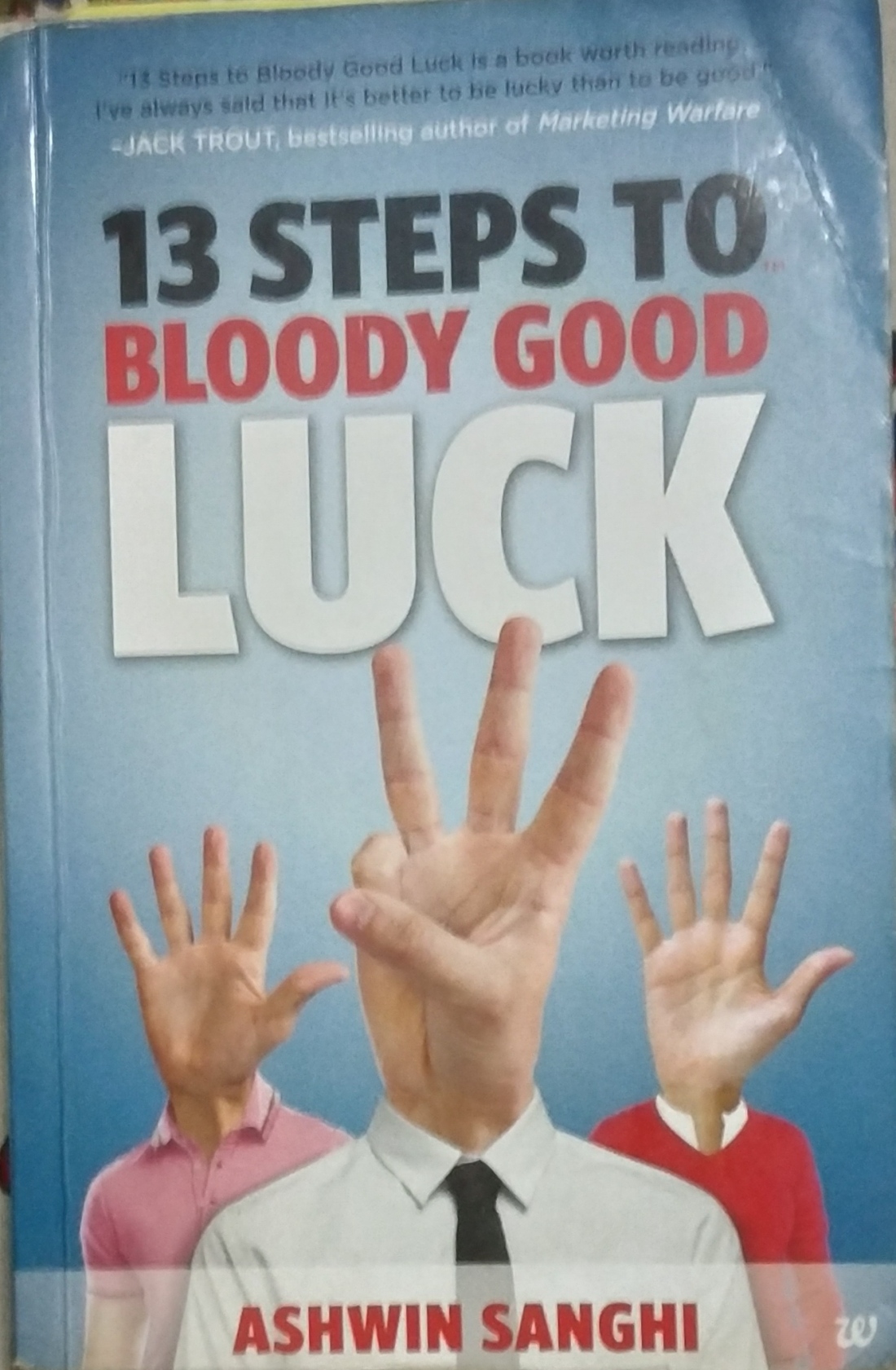🍁
The Taj hotel group had invited Mr. Masai Imai, a Kaizen Consultant from Japan to hold a workshop for its staff.
The staff were very skeptical – the hotel is doing excellent business, this person from Japan has no exposure to hotel industry – what exactly is he going to teach?
But everybody gathered as planned for the workshop in the conference hall sharp at 9 am.
Mr. Masai was introduced to them – a not so impressive personality, nor the English all that good; spoke as if he was first formulating each sentence in Japanese and then translating it into rather clumsy English.
“Good morning! Let’s start work. I am told this is a workshop; but I see neither work nor shop. So let’s proceed where work is happening. Let’s start with the first room on the first floor.“
Mr. Masai, followed by the senior management, the participants, the video camera crew trouped out of the conference room and proceeded to the destination.
That happened to be the laundry room of the hotel.
Mr. Masai entered the room and stood at the window, “beautiful view!” he said.
The staff knew it; they need not invite a Japanese consultant to tell them this!
“A room with such a beautiful view is being wasted as a laundry room. Shift the laundry to the basement and convert this into a guest room.“
Aa Haa! Now nobody had ever thought about that!
The manager said, “Yes, it can be done.”
“Then let’s do it,” Mr. Masai said.
“Yes sir, I will make a note of this and we will include it in the report on the workshop that will be prepared.” Said the Manager.
“Excuse me, but there is nothing to note down in this. Let’s just do it,
just now.“_ Mr. Masai.
“Just now?” Manager.
“Yes, decide on a room on the ground floor/basement and shift the stuff out of this room right away. It should take a couple of hours, right?” asked Mr. Masai.
“Yes.” Manager.
“Let’s come back here just before lunch. By then all this stuff will have got shifted out and the room must be ready with the carpets, furniture etc. and from today you can start earning the few thousand that you charge your customers for a night.“
“Ok, Sir.” The manager had no option.
The next destination was the pantry. The group entered. At the entrance were two huge sinks full of plates to be washed.
Mr. Masai removed his jacket and started washing the plates.
“Sir, Please, what are you doing?” the manager didn’t know what to say and what to do.
“Why, I am washing the plates“, Mr. Masai.
“But sir, there is staff here to do that.” Manager. Mr. Masai continued washing. “I think sink is for washing plates, there are stands here to keep the plates and the plates should go into the stands.“
All the officials wondered – did they require a consultant to tell them this?
After finishing the job, Mr. Masai asked, “How many plates do you have?“
“Plenty, so that there should never be any shortage.” answered the Manager.
Mr. Masai said, “We have a word in Japanese – ‘Muda’ Muda means delay, Muda means unnecessary spending. One lesson to be learned in this workshop is to avoid both. If you have plenty of plates, there will be delay in cleaning them up. The first step to correct this situation is to remove all the excess plates.”
“Yes, we will say this in the report.” Manager.
“No, wasting our time in writing the report is again an instance of ‘Muda’. We must pack the extra plates in a box right away and send these to whichever other section of Taj requires these. Throughout the workshop now we will find out where all we find this ‘Muda’ hidden.“
And then at every spot and session, the staff eagerly awaited to find out Muda and learn how to avoid it.
On the last day, Mr. Masai told a story.
A Japanese and an American, both fond of hunting, met in a jungle. They entered deep jungle and suddenly realized that they had run out of bullets. Just then they heard a lion roaring. Both started running. But the Japanese took a short break to put on his sports shoes.
The American said, “What are you doing? We must first get to the car.“
The Japanese responded, “No. I only have to ensure that I remain ahead of you.“
All the participants engrossed in listening to the story, realized suddenly that the lion would stop after getting his victim!
“The lesson is: competition in today’s world is so fierce, that it is important to stay ahead of others, even by just a couple of steps. And you have such a huge and naturally well-endowed country. If you remember to curtail your production expenditure and give the best quality always, you will be miles ahead as compared to so many other countries in the world.“, concluded Mr. Masai.
It is never late to learn…let us take out all the MUDA OUT OF OUR LIVES.

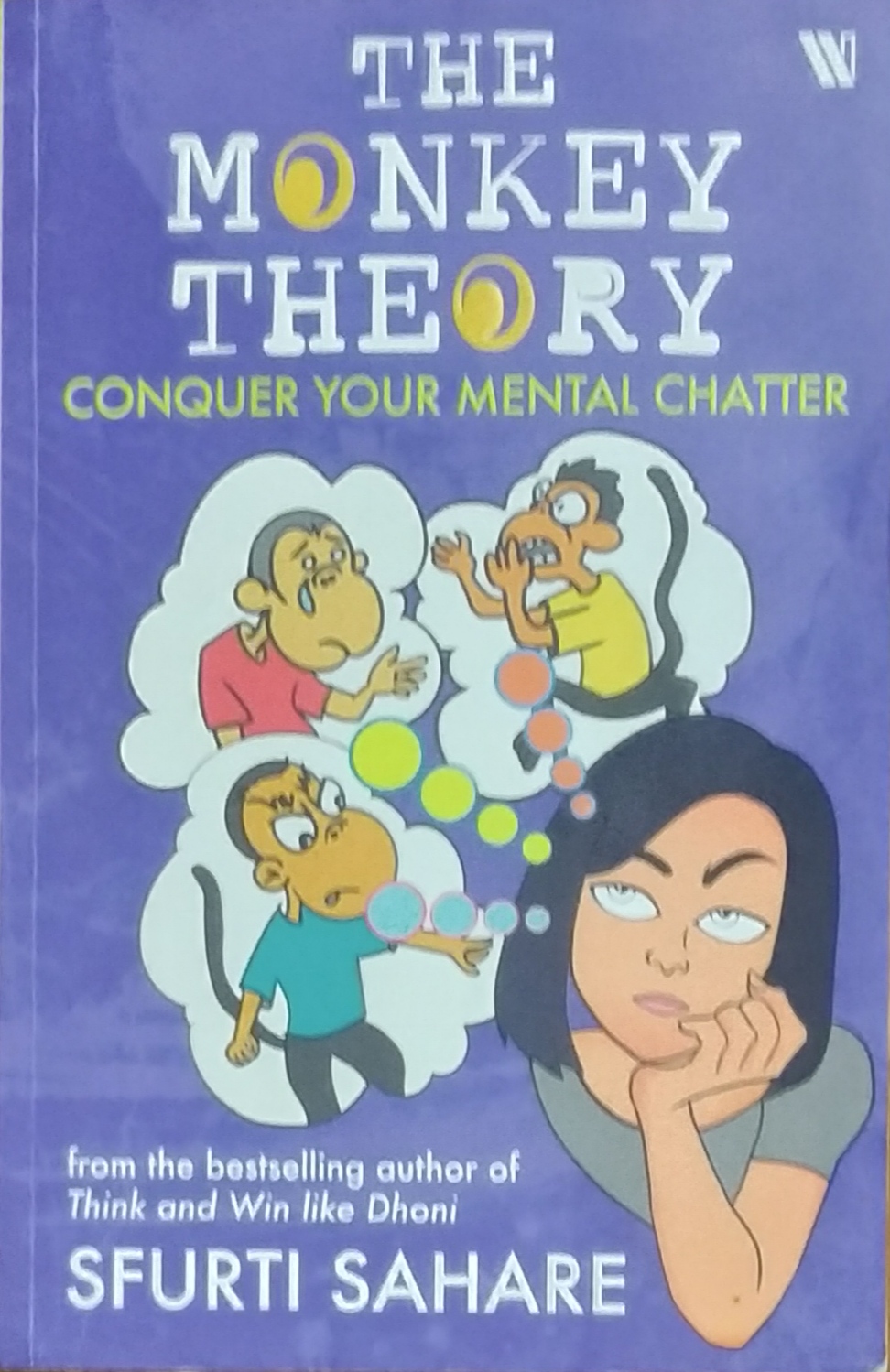
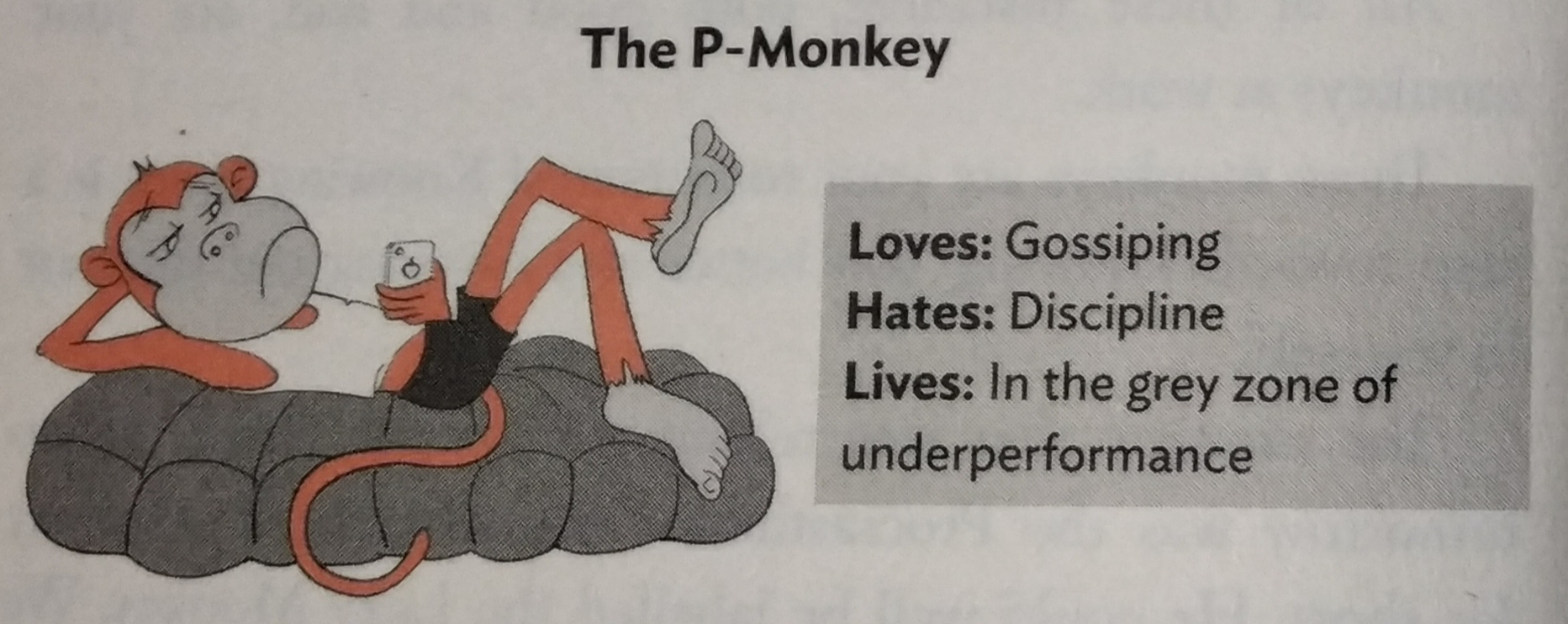 P-Monkey or Procrastinating Monkey is also called Lazy Monkey. He loves to gossip and hates the people who are disciplined, as he himself don’t follow discipline. His favorite word is TOMORROW and is ready with reason on why to start things from tomorrow. Like, If you feel like you should quit smoking, this monkey will tell you to do it, but … tomorrow!
P-Monkey or Procrastinating Monkey is also called Lazy Monkey. He loves to gossip and hates the people who are disciplined, as he himself don’t follow discipline. His favorite word is TOMORROW and is ready with reason on why to start things from tomorrow. Like, If you feel like you should quit smoking, this monkey will tell you to do it, but … tomorrow!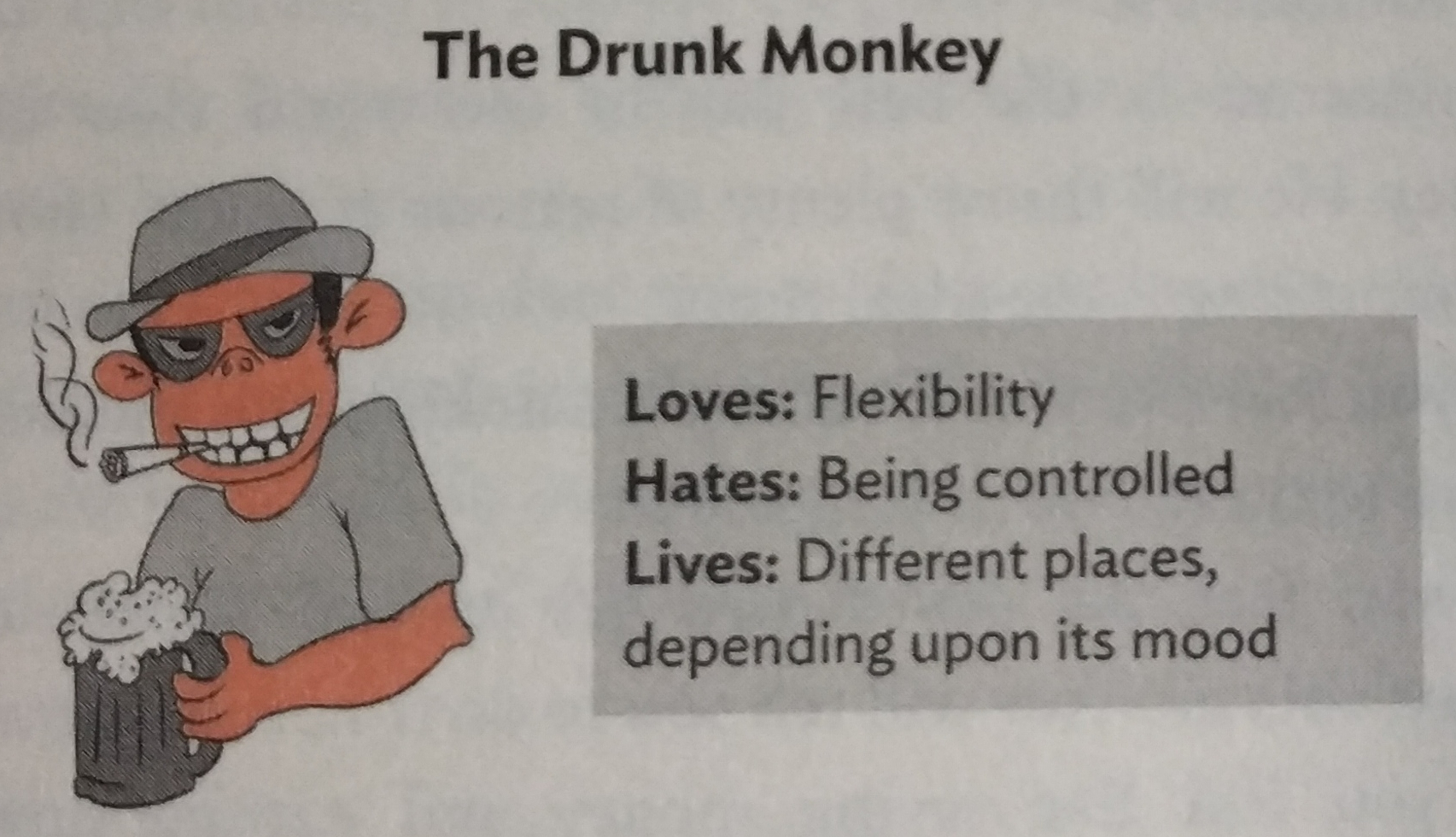 The Drunken Monkey comes always with various moods and random thoughts. He keeps on changing the thoughts, ideas frequently and do not stay with one. He keeps moving from one mood to another, just like a train from one station to another station. Just like a drunken person hates to be controlled by others, he is also of same nature. For example, yesterday you bought a new colorful dinner set and arranged properly on the dinner table. Next day at table, you feel like, “I should have got the plain color set!” which was rejected by you.
The Drunken Monkey comes always with various moods and random thoughts. He keeps on changing the thoughts, ideas frequently and do not stay with one. He keeps moving from one mood to another, just like a train from one station to another station. Just like a drunken person hates to be controlled by others, he is also of same nature. For example, yesterday you bought a new colorful dinner set and arranged properly on the dinner table. Next day at table, you feel like, “I should have got the plain color set!” which was rejected by you.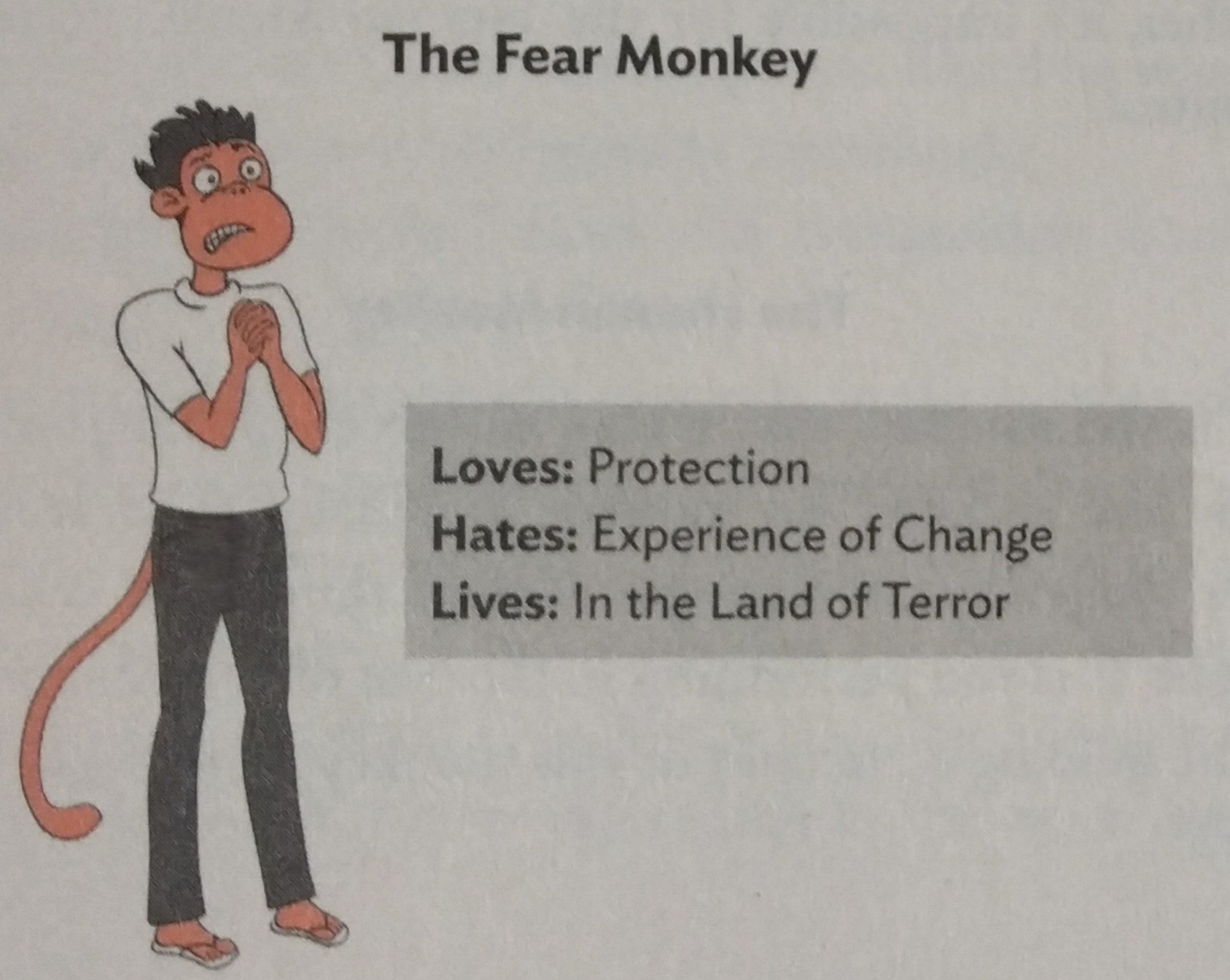 This Fear Monkey is a protective and always protect you from the danger (known or unknown). He hates changes and find ways or reasons to avoid these changes. He is always in state of fear which curtails our ability in taking risks. This monkey affects our confidence, creativity and courage. He keeps on uttering the sentences like below continuously in our mind –
This Fear Monkey is a protective and always protect you from the danger (known or unknown). He hates changes and find ways or reasons to avoid these changes. He is always in state of fear which curtails our ability in taking risks. This monkey affects our confidence, creativity and courage. He keeps on uttering the sentences like below continuously in our mind –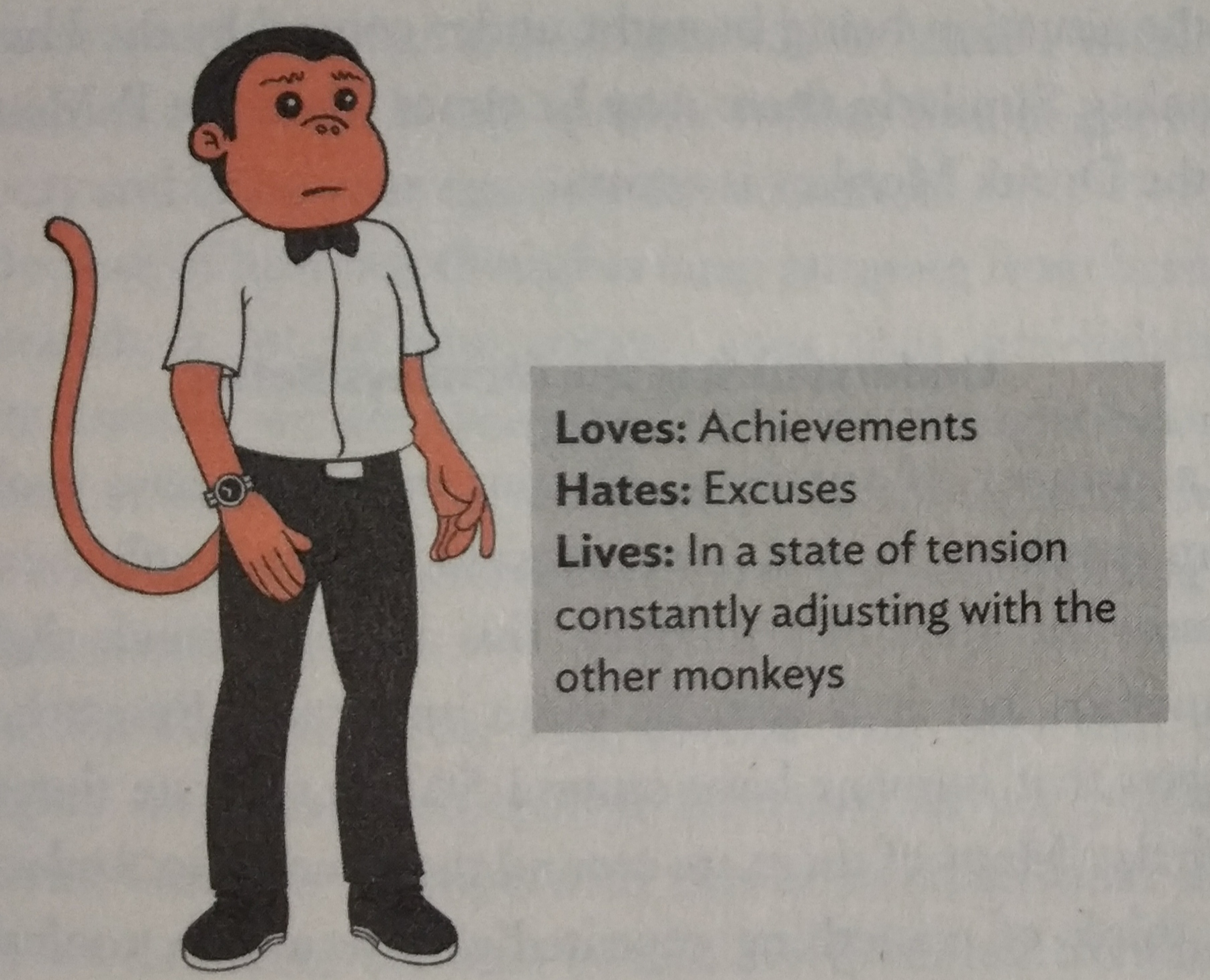 This Humane Monkey is who wants all good things for us. It has a better judgement, through which analyse the things and helps in giving our best performance. The one thing he hates most is excuses/ reasons. Most of the time he is busy in managing and keeping the other 3 monkeys slient, so stay in state of tension constantly. For example, if a person is on his way for interview and is scared about the result of it, he is not able to recall anything. This is due to Fear monkey who is dominant. But after reaching for interview, the person is able to calm himself and gives his best in the interview. this was possible due to Humane monkey who controlled the earlier one.
This Humane Monkey is who wants all good things for us. It has a better judgement, through which analyse the things and helps in giving our best performance. The one thing he hates most is excuses/ reasons. Most of the time he is busy in managing and keeping the other 3 monkeys slient, so stay in state of tension constantly. For example, if a person is on his way for interview and is scared about the result of it, he is not able to recall anything. This is due to Fear monkey who is dominant. But after reaching for interview, the person is able to calm himself and gives his best in the interview. this was possible due to Humane monkey who controlled the earlier one.